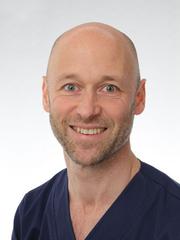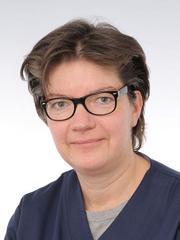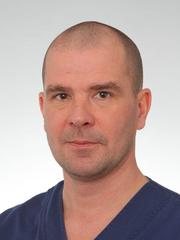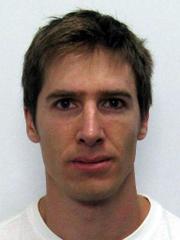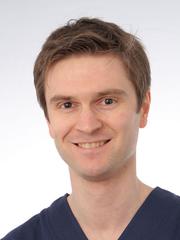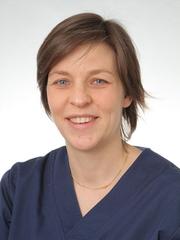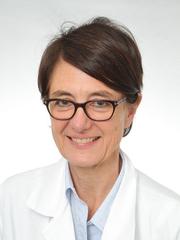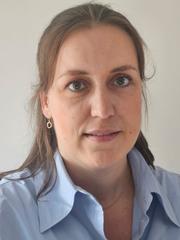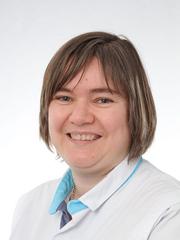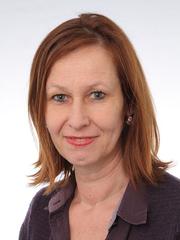Informed consent
-
This page provides more information about your stay and informed consent for necessary procedures. It is important for you to be aware of this.
-
Sometimes the urgency of the situation will not allow major interventions (for instance, an urgent intervention) to be discussed with you in advance. The doctor will then act in good conscience in the patient's best interest. Naturally, all necessary information will be provided afterwards.
-
We assume that the information here will suffice to adequately inform you.
Do you still have questions? Please be sure to ask them to one of the healthcare providers.
Welcome to our ICU
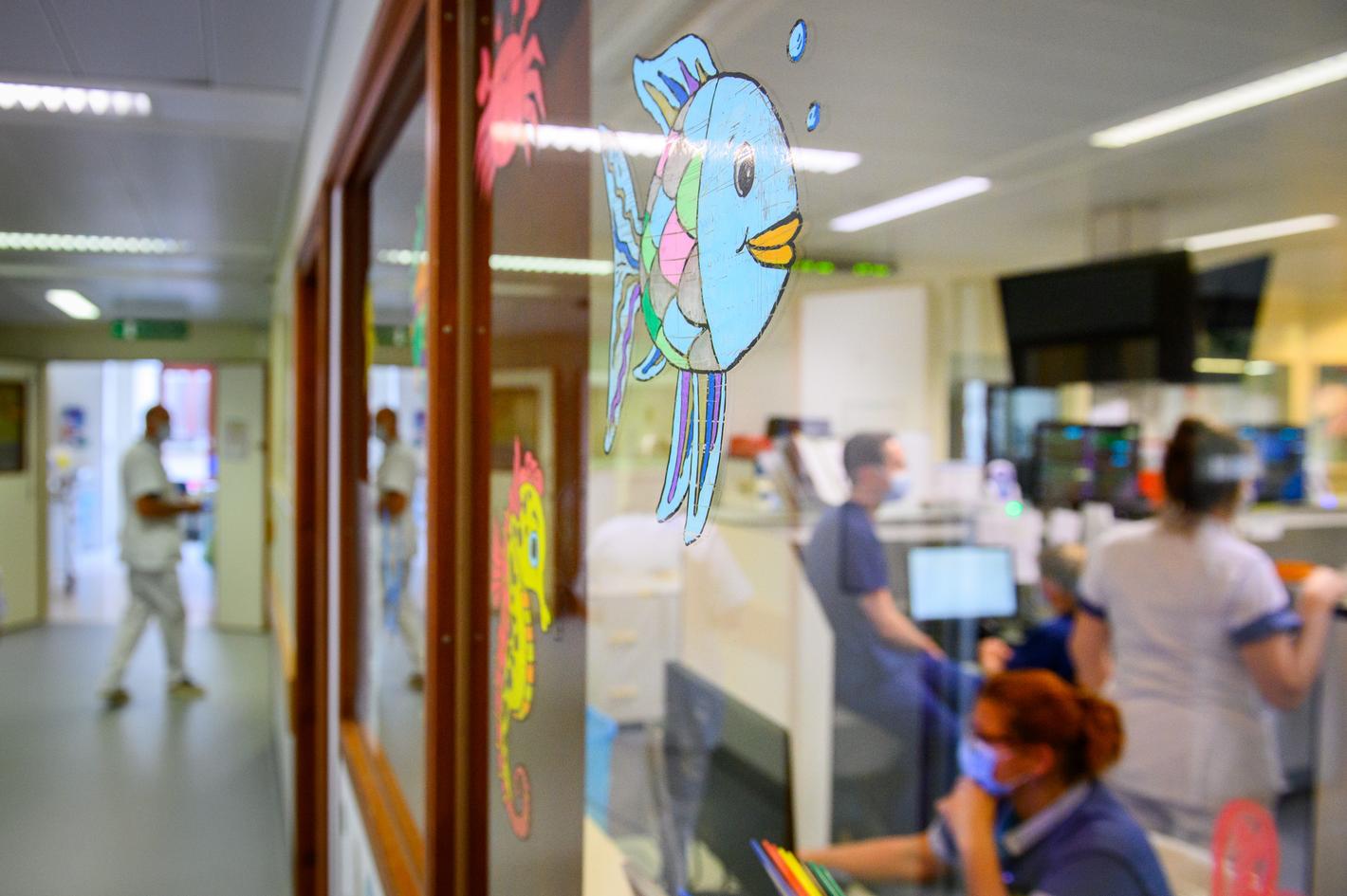
You or your child have been admitted to the intensive care department, where patients stay after major surgery or after a serious complication from surgery, an accident or another condition.
Intensieve zorg 7 is one of several ICUs within this department. Mainly seriously ill children aged 0 to 16 years stay here, but adults are sometimes admitted after an accident or surgery.
This ICU works closely with other ICUs within the intensive care department (Intensieve zorg 5, Intensieve zorg 6, Intensieve zorg 8 and Intensieve zorg 9) and other intensive care units linked to the internal medicine department (Intensieve zorg 1, Intensieve zorg 2) or the cardiovascular department (Intensieve zorg 4).
Any questions?
-
The nurses, doctors, social workers and other care workers on the ICU are here to help you. Don't hesitate to speak to them.
Contact
-
Head nurse: Luc Romont
-
Nurses: +32 16 34 87 70 (reachable day and night)
Address
Location and accessibility
Parking
-
The designated car park for this department is parking Oost.
Visit for patients aged 0 to 15 years
-
In this critical ICU, the focus is on specialised care for your child, and there are regular visiting hours for siblings and other family members.
-
Parents are welcome to be with their child throughout the day.
- Please take into account that morning care, medical procedures, and examinations take place between 8:00 and 11:00 a.m.
- Parents are also asked to leave the room when requested (e.g., for care tasks, medical procedures, privacy reasons, or cleaning).
-
For siblings: they can visit by appointment in consultation with the nurse. This way, we can prepare the visit and ensure that siblings are accompanied with appropriate attention.
-
For other visitors:
- Visits are permitted once a day, during one of the following time slots:
- between 14:00 and 14:30
- between 19:00 and 19:30
- Visits are permitted once a day, during one of the following time slots:
-
Please respect the maximum of three persons in the patient's room, including the parents.
Visit for adult patients (16 years and older)
-
Visits are possible every day at set times:
- from 14:00 to 14:30
- from 19:00 to 19:30
-
In principle, family visits are limited to two visits per day.
Please come with a maximum of two visitors per patient at a time. -
Children under 12 years of age are not allowed to visit.
- In exceptional cases, children's visits are desirable and will be allowed. This can be done after consultation with the head nurse.
-
Any exceptions to the standard visiting times can be requested and discussed with the ICU's head nurse and/or supervisor.
-
In each case, wait in the waiting room until you are let in at the appointed times.
Waiting room
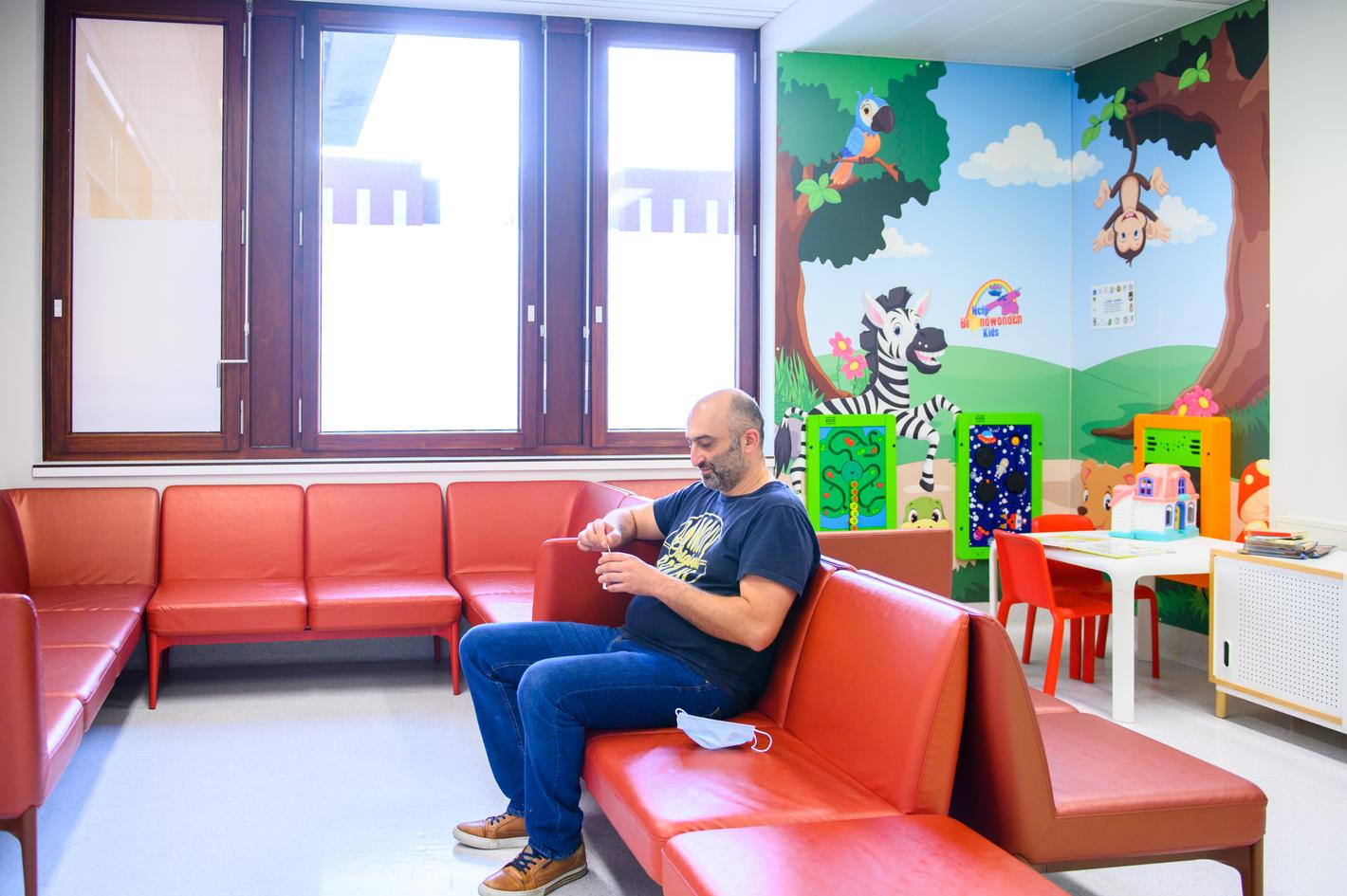
We ask that you be present in the ICU waiting room at the start of the visiting time slot. You will be let in at the appointed time.
Are you unexpectedly late? Please inform us via the intercom, and we'll let you in as soon as possible.
You will find the waiting room near the entrance of the ICU (Groene straat, poort 4, niveau 0, volgletter a).
As a parent, you can also use the parents' lounge on level 1, linked to the waiting room on Intensieve zorg 8 (Groene straat, poort 4, niveau 1).
Staying overnight in hospital
It is possible to stay overnight in your child’s room if you wish. More information about this option will be provided at the time of admission by the nurse responsible for parent support (or the nurse assigned to your child).
One parent may stay overnight on a chair-bed next to the patient’s bed. Please note the following:
- Eating is not allowed in the room. Meals can be taken in the hospital cafeteria or the parent lounge (Level 1).
- There are no bathroom facilities in the patient’s room. Parents may use the nearby hallway toilets and showers located close to the ward.
For added comfort, you can stay in the hospital’s family residence.
What does the room look like?
At Intensieve zorg 7, each patient's state of health is constantly and closely monitored by nurses and doctors.
Therefore, an entire technical set-up is built around the patient's bed.
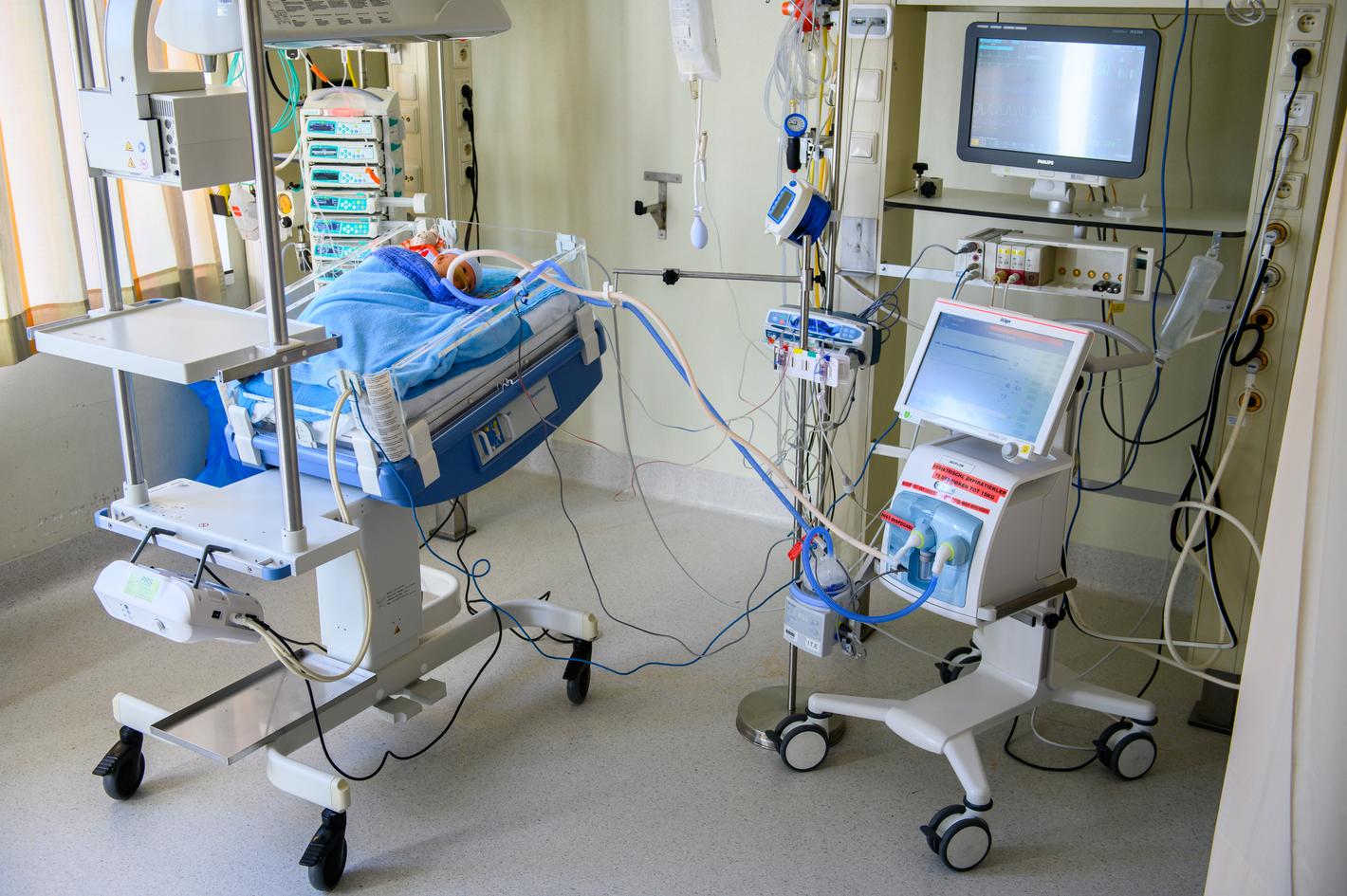
- A screen continuously monitors various vital body functions: heart rate, blood pressure, breathing, amount of oxygen in the blood.
- Breathing can be further supported by administering additional oxygen through a respirator.
- Drugs (e.g. pain medication and possibly sleep medication) are administered via an IV drip linked to a syringe driver or infusion pump.
- Sometimes the child's hands are restricted in movement, in the interests of therapy or your child's safety.
On this ICU, boys and girls (or men and women) can be cared for in the same room. There is also no distinction between single and double rooms. The single rooms are used primarily for patients who must be cared for in isolation.
How and from whom do you get information?
First point of contact: the nurse
The nurse caring for your child or loved one is your first point of contact in case of questions about the patient's medical condition or evolution.
As a parent (or as a patient), the healthcare team will keep you as informed as possible about planned and/or additional examinations and operations. It may happen that healthcare providers need to intervene urgently, and that the situation thus doesn't enable them to discuss this with you in advance. In that case, the doctor will act in good faith in the child's best interests. Afterwards, the necessary information will of course be provided.
Information by telephone
In addition to the visiting times, as a parent (or close relative of an adult patient) you can call day or night (+32 16 34 87 70) for information on the patient's state of health. At busy times, we may ask you to call back at another time (e.g. around dinner time, when the healthcare provider caring for the patient is quite busy).
Conversation with the doctor
As a parent or loved one, you will no doubt have many questions about the patiet's medical condition and how it will evolve. Do not hesitate to ask these questions. A doctor will often visit you for a discussion. Of course, you can always ask to speak to the doctor yourself.
We always try to inform you as clearly and transparently as possible. If important changes in your child's or relative's condition occur outside of the visiting hours, they will always be discussed with you by telephone.
To a non-intensive ward
After discharge on Intensieve zorg 7, a stay in a non-intensive hospitalisation ward for further recovery follows. For children younger than 16 years, this is a ward in the children's hospital.
Team
Doctors
A physician intensivist, in close consultation with the referring doctors, is responsible for the treatment and follow-up of your child. A doctor is always present on our ICU, together with several specialists in training (Arts-Specialist in Opleiding, ASO).
In the Intensieve zorg 7 ICU you can call on Prof. Dr Vlasselaers, Dr Desmet and Dr Huynen.
Care team
Social worker
You can discuss concerns and uncertainties about being admitted to an intensive care unit, as well as social or family questions, with the social worker. Sometimes there are practical and administrative questions in which the social worker can advise you. Ask about them via the nurse.
Psychologist
Strong emotions are quite normal when your child is admitted to intensive care. The psychologist is attached to some specific care programmes and visits the ICU regularly. You can also seek additional psychological support. Ask about it via the nurse.
Pastor
You can contact a pastor for a supportive conversation, whether or not within the context of your religion.
